Brussels LiA Week 3 - Know Your Limits
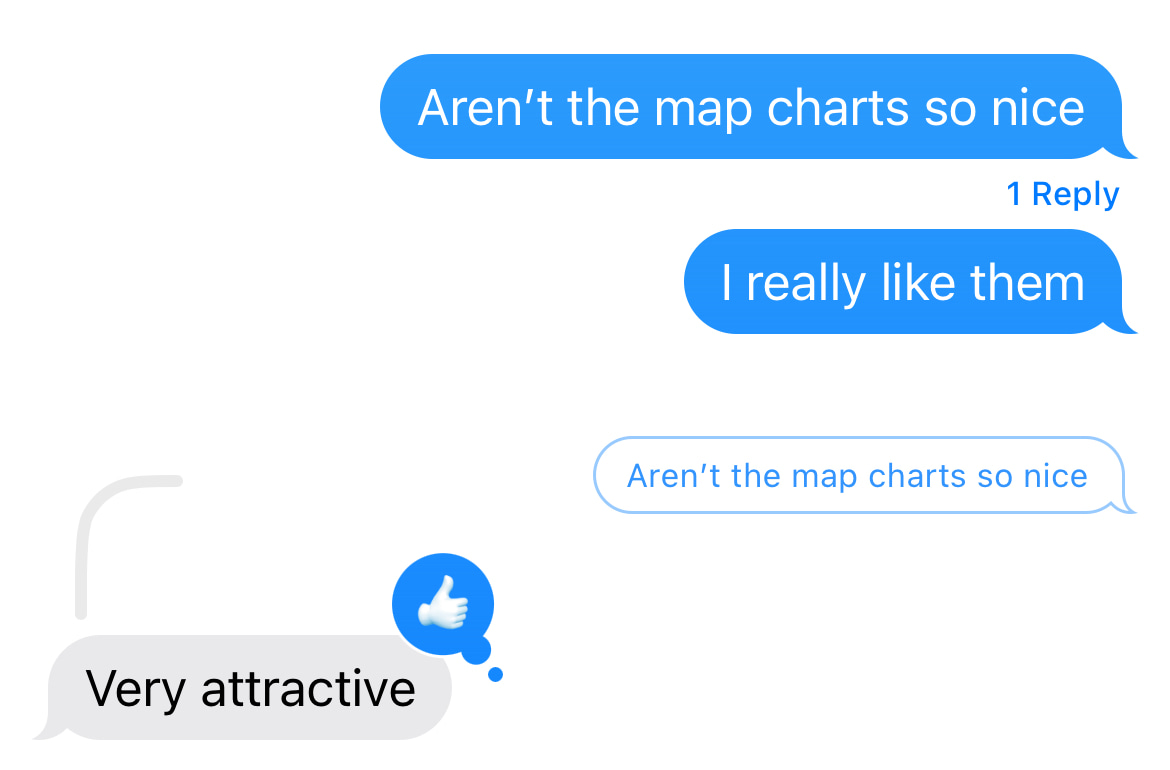
This week was quite intense in terms of my project (again, apologies for the late upload!). My task this week, as agreed with the Senior Fellow that I’m working at the week’s beginning, was to move forward from the preliminary learning that I was doing about water security to having a draft of 1500 words ready by the end of the week that we could send to the organisation that we are working with.
Frankly, this seemed really difficult at the outset, and it was. I understood the issue of water scarcity at a general much better after the reading that I had done during my second week, but the sheer breadth of the task to achieve by Friday was daunting. To research the pre-existing water scarcity situation in the Mediterranean, how this would change as climate change progressed, how this would impact development for local communities, and how policymakers faced challenges specifically in the Mediterranean regarding water adaptation all in one week? Seemed tough.
This was a lesson in humility, intertwined with using my lessons in courage and collaboration from the first two weeks here in Brussels. Very quickly on Monday, I realised that my current approach that I was taking to the research – very slow, methodological, trawling through everything available in minute detail very expansively – wouldn’t be tenable for this task. This was a clear limit, and I had to admit that, understanding that a failure to acknowledge that limit would mean a bad experience for me, a low-quality output and a failure to be accountable to the timeline that I had agreed.
That being said, I’m proud of myself for recognising that limit and adapting. Specifically, I reached out to those other Research Assistants that I mentioned in my previous blog post to understand how they’d approach this kind of task, the tools that they’d use, and what they’d focus on. From learning how to change my mindset from reviewing literature deeply and slowly towards finding key useful resources and extracting the information I needed to make my point, to being pointed towards a Water Risk Atlas and libraries to create choropleth diagrams, I’m glad that I had the humility to understand my limitations and to use those limitations as an opportunity to collaborate with those around me.
This is actually a learning point that I identified for myself from my internship at the FCA earlier this summer. During that internship, I absolutely loved facing analytical tasks that I just had no clue how to accomplish, and figuring out how to ‘beat them’. I think that that kind of independent learning and struggling through a problem, figuring something out for yourself, is a crucial process to build your skills. That being said, there were quite a few moments where I spent a hefty amount of time grappling with something, and found some form of solution, only to discuss this with my team members later and be pointed towards a solution that was much more effective and much easier, or to be pointed towards an area of focus that made much more sense. One of my learning points that I picked out from this was to know early on when to seek help. It’s not that I don’t want to tap others for assistance, far from it – it’s more that I really enjoy struggling with problems, but there comes a point where you don’t need to bang your head against a wall.
I think humility, specifically being able to recognise your limitations, is the way to navigate that trade-off of fighting through challenges yourself and asking others for help. I’m not going to be hubristic enough to say that I’ve solved that trade-off, but this week was definitely a step closer. To illustrate my thinking, I think you get valuable growth from figuring out what message you want to convey on a particular point (e.g. food security and the impact of water scarcity on this), and which data it would be useful to show in a choropleth to make that point (e.g. cereal import dependency ratio). I don’t think you get valuable growth from searching for the tools that will actually allow you to make that choropleth effectively. Humility to me is having the awareness of where your limits lie and the understanding of the nature of those limits – which of these limits are constraining your skills, and which aren’t? With that humility, I think that you can choose to push against the limits constraining your skills to power your development, and choose to collaborate on the limits which aren’t constraining your skills to simply bypass them.
I do think that this perhaps isn’t the whole story about this trade-off, but it did serve me well this week. I managed to get a draft done by the end of the week! And on top of that, it was 5000 words instead of 1500 words because I actually managed to successfully cover the breadth that I had set myself and give a good high level coverage of all of those areas. That does create a different issue now – I need to target in on particular areas and decide what exactly I want to focus on in this broad topic, where exactly I can target myself to have the greatest contribution to the discourse on this particular topic. I don’t really have a metric for that at all, but feedback from the Senior Fellow will help, and I’m planning to tackle that challenge next week.
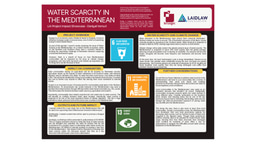
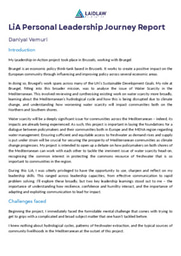

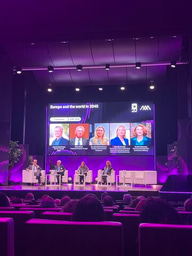
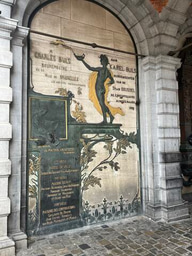
Please sign in
If you are a registered user on Laidlaw Scholars Network, please sign in
Daniyal, what a week of self discovery! Not only have you delved deeply and broadly into a new academic field, you have also shown great introspection into your own humility, courage and collaboration. I hope these attributes guide you well towards refining and focussing the lens of your research. Good luck on this next phase of your work! I am excited to see where it takes you!